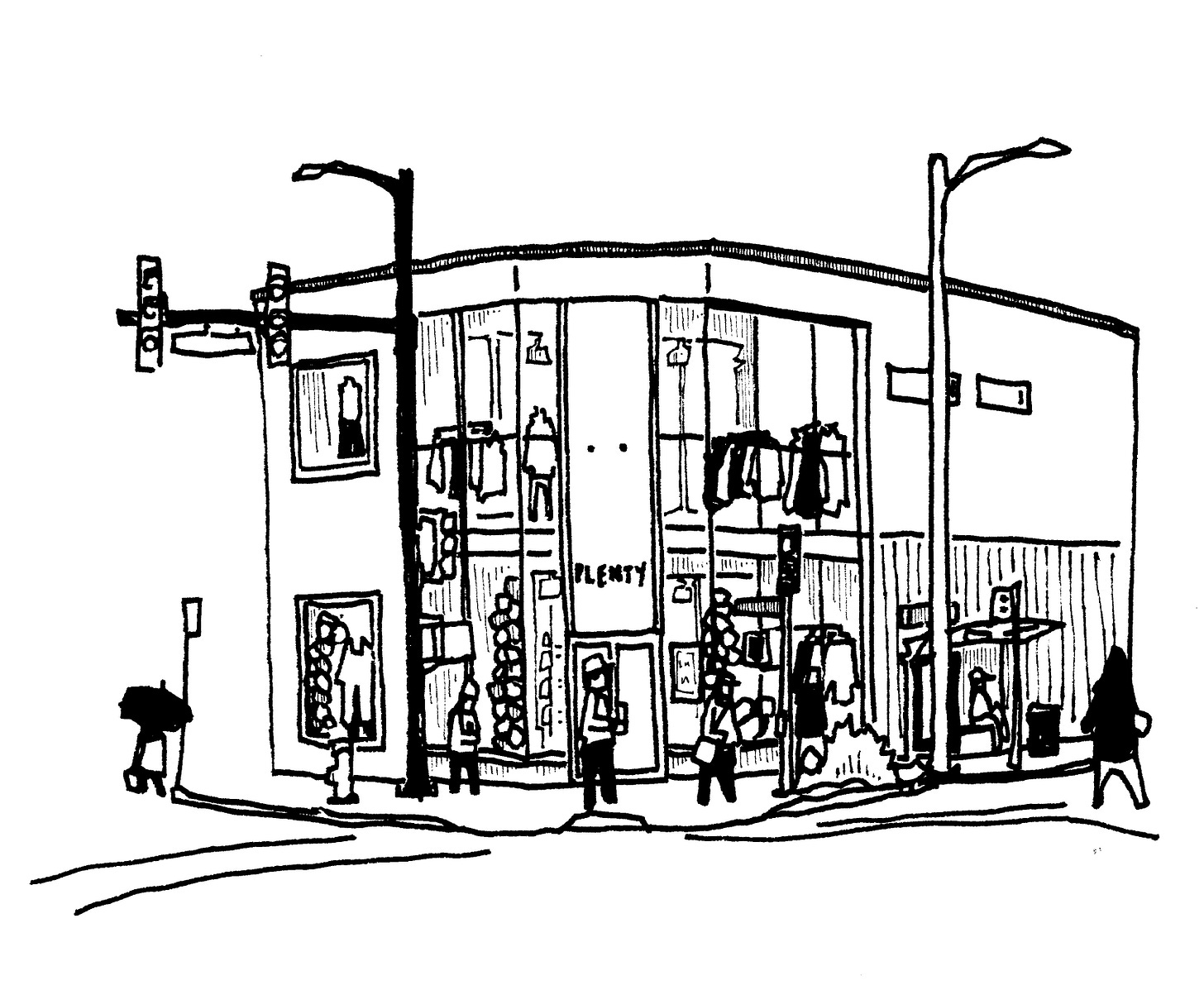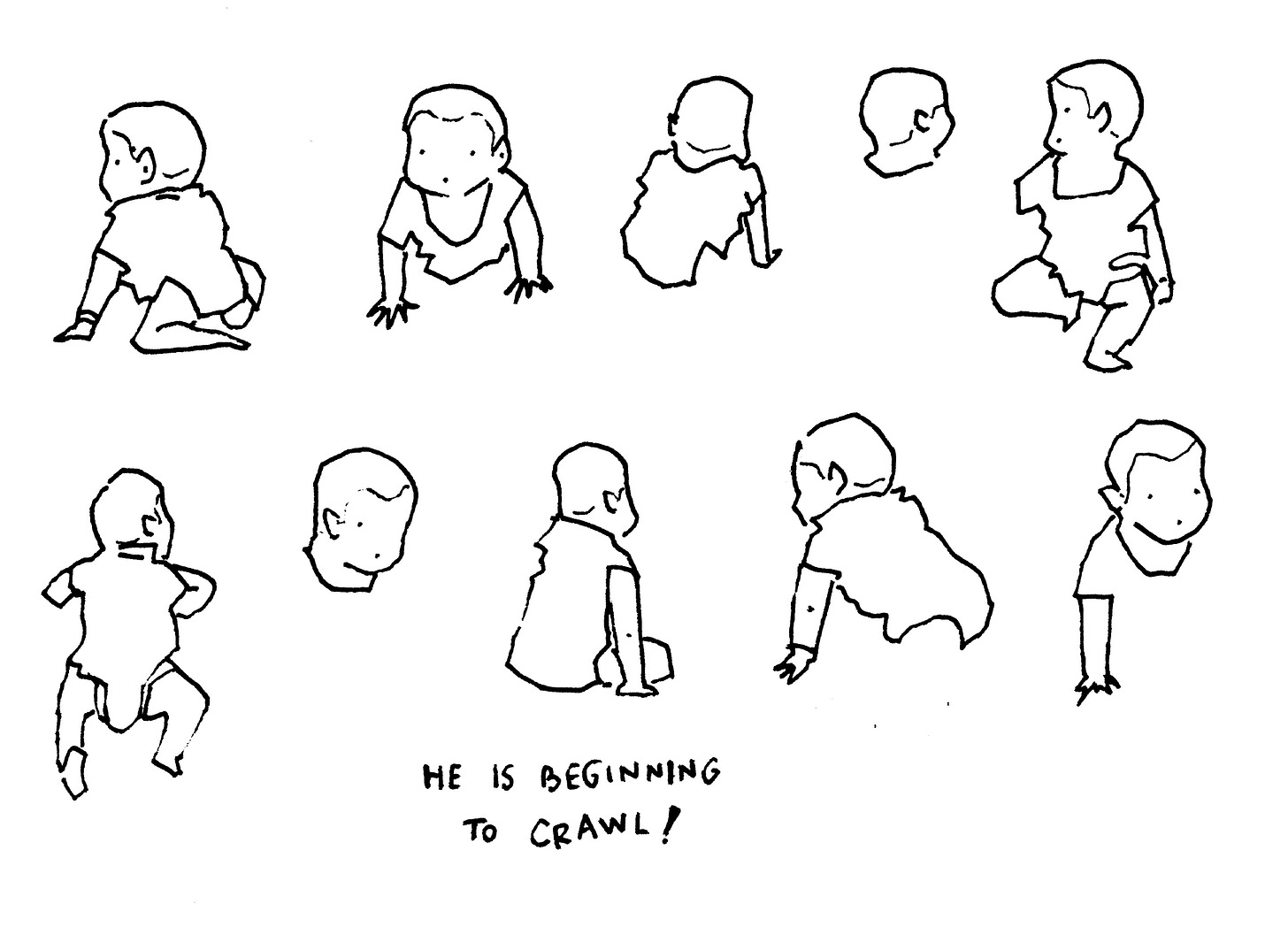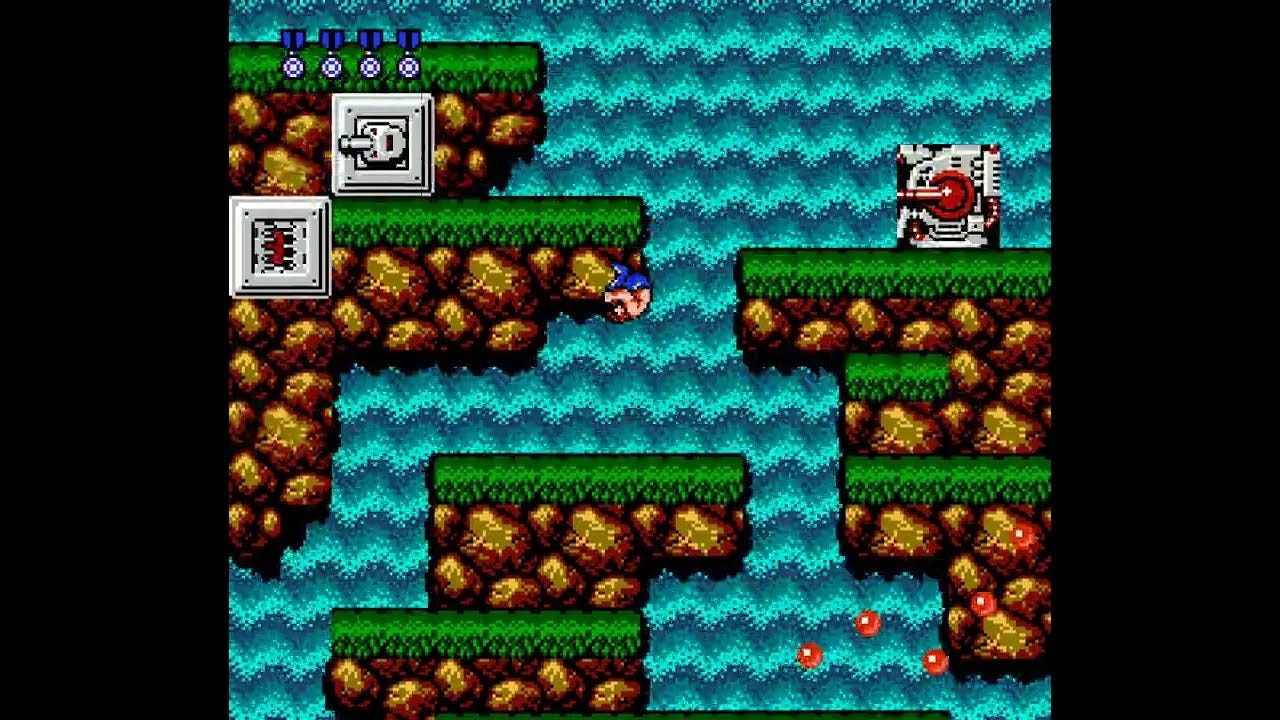There are People who have No Voices in their Heads?
#258 thinking about anauralia, aphantasia, and memory.
Dear reader,
I have always had conversations inside my mind. The voice that I speak with is me. It is inseparable from my idea of myself. But this morning, I learned about anauralia, and it has left me wondering about the people who do not have an internal monologue in their heads.
Dear reader, I am curious about how you memorize the trivial as well as significant things of your life. Do you know about anauralia or, the more commonly discussed, aphantasia?
The SneakyArt Post is a publication of secretly drawn art of the world. Every week I share the latest pages from my sketchbooks and the best ideas from my journey an artist and writer.
December is Art Giveaway Month with SneakyArt Insiders. For a chance to win a drawing from me, or to support my mad endeavour to send tiny drawings all over the world, support this publication!
Also, if you live in Vancouver come to my open studio this Saturday?
To begin, Aphantasia
Aphantasia is the inability to visualize. People with this condition are unable to picture a dog if asked to do so. Or a red ball. Or a waterfall.
Did you do it now? Which dog did you see? How big was the ball? Was it a random image, or did you call up something from the depths of your memory? I ask because a peculiar thing happens when I think ‘waterfall’.
It may have been the first time I saw a waterfall, but it is funny because it was not actually a waterfall? Just an 8-bit rendering of a waterfall from the Nintendo game Contra, the first action-game I remember playing with my brother, and one that we gloriously completed one beautiful afternoon. (That memory too is etched in my brain.)
And as I even begin to think about this game, my mind immediately replays its sounds.
That is how I function - visual and auditory information sitting in pockets of my mind, seemingly tagged against multiple sensory triggers that can unlock them. To make space for such trivialities, my mind routinely discards important information like - Where did I put my passport? Where are my keys? Did I lock the studio door?
So it goes.
But it gets weirder?
When I think waterfall, it is not exactly the above image I see. My mind manipulates it to make something that never existed in the game. Maybe it is another waterfall, one that I saw in person or in a movie, but it is rendered in the 8-bit graphics of Contra. So it is an image that my mind just made up, reconstructed from different tags linked to the word.
But this is nothing special? All memory is active reconstruction, says Carlo Rovelli (quantum physicist) in his book The Order of Time. There is no past, he argues. Every time we think of an event in the past, we reconstruct the scene like a film director, choosing the sounds, colors, and even camera angles, that suit our present mood, temperament, and emotions.
This is nothing special but it blows my mind that even a small percentage of people do not do this. Dear reader, do you have aphantasia? If so, are you aware of it, or have you thought about it, and would you please tell me about it in the comments?
Related: Hidden Brain on the Unreliability of Memory, and a way to play Contra on your browser.

The subject of memory and recollection is also the subject of a short story in Ted Chiang’s wonderful collection, Exhalation. In “The Truth of Fact, the Truth of Feeling”, two stories decades apart are told in parallel. One is set in the near future, where a journalist tries a device that grants its users eidetic memory (i.e. total recall). The other is set a few decades in the past when missionaries introduce writing to a remote Nigerian tribe, who must now contend with the written word as record versus their own traditions based on memory and recollective testimony.
Then, Anauralia
I learned about anauralia this morning on the All in the Mind podcast.
In the episode, researchers are figuring out how people with anauralia process their long-term memories, and how they work with short-term memorization like grocery lists or phone numbers.
It is a fascinating discussion because it made me re-think something I had never examined before. Do you repeat the numbers until the sound of them in sequence gets stuck in your mind? (I do!) Do you visualize different items to construct a complex, single image? Do you make a rhyme?
Dear reader, how do you memorize?
But coming back to me for a sec
One interesting finding re: aphantasia and anauralia is an early study that concluded people with aphantasia (i.e. no image generation in their minds) are better suited to logical and analytical professions like mathematics or coding. That they perhaps benefit from their mind not throwing up distracting images when they think about things.
The corollary being that those with active or hyperactive mental imagery would be better suited to visual creative careers?
I think about my education as an engineer - the time when I felt quite comfortable in my academics and research, and when I suddenly began to feel like an imposter. I have always thought I was lucky in picking mechanical engineering. I would explain this good fortune to people by saying that I could visualize the complex mechanics - the interlocking gears, the interacting systems, the fluid dynamics, and the behavior of materials under heat and pressure.

When I completed my Master’s degree and started a PhD program in Neuroscience, I was thrust into a world of Big Math and Big Data. I have always been weak but intuitive about math, which probably has something to do with being able to visualize things? And as things became vastly more complicated, my intuition and visualizations could no longer do the job. I could no longer do the job.
I think about what made me leave the PhD program. And what pushed me to build a career out of words. I think about what has made words always so magical for me, just like art and music. I think about how my art speaks to me today. And how I hope it speaks to you.
Dear reader, if you work in engineering, scientific, or analytical fields, tell me about how you process the difficult stuff. Conversely, if you have drifted towards creative outlets in your adult life, tell me about the changes that made it happen for you.
Related: How I quit my academic career and gave myself the job title of Sneaky Artist.
Sounds and images - stored, visited, and reconstructed - are the bedrock of my human experience. I remember phone numbers by the sound of their recitation in my mind. I remember street directions by building a visual library of all the turns and markers.
Reader, I would love for you to listen to the episode and examine the foundations of your memory and mental processes. Do you have an inner monologue? What are your conversations like? Did reading this post spark any images in your mind?
🙏 The SneakyArt Post is about to cross 17000 readers. What a privilege it is to have a space in your inbox and a share of your time and attention every week.
💻 Also, a big thank you to everyone that joined me in the reader hangout this Saturday and the Sketch Summit on Sunday. I loved sharing my plans for winter, discussing quick-sketch techniques, and flipping through the latest sketchbook of Rohan.
💻 The December Hangout will be a private session with paid subscribers only. I will ask Insiders to share their sketchbook pages and discuss the art challenges they met this year. Join us! Links going out soon.









As someone with a very noisy inner monologue that seldom shuts up, I was also fascinated to learn that some people have no "voice in their head" at all. It's hard to imagine a quiet brain. Wrote about this a bit here: https://celebration.substack.com/p/more-than-words
I have aphantasia and truly cannot ‘see’ anything in my imagination but I know it in a different way. I am also unable to hear in my imagination any voice other than my own. So when I think of a door bell it is my voice going ding dong . I believe though that this is why I am a powerful performer - I do not see the characters or story, I become them. I can memorize 90minute long shows …. A lot of this is to do with the rhythm of the words … interestingly I draw images a lot - as symbols to represent things or just for pleasure but I cannot see an image in my head before I draw it - it is more like my pen goes for a walk.